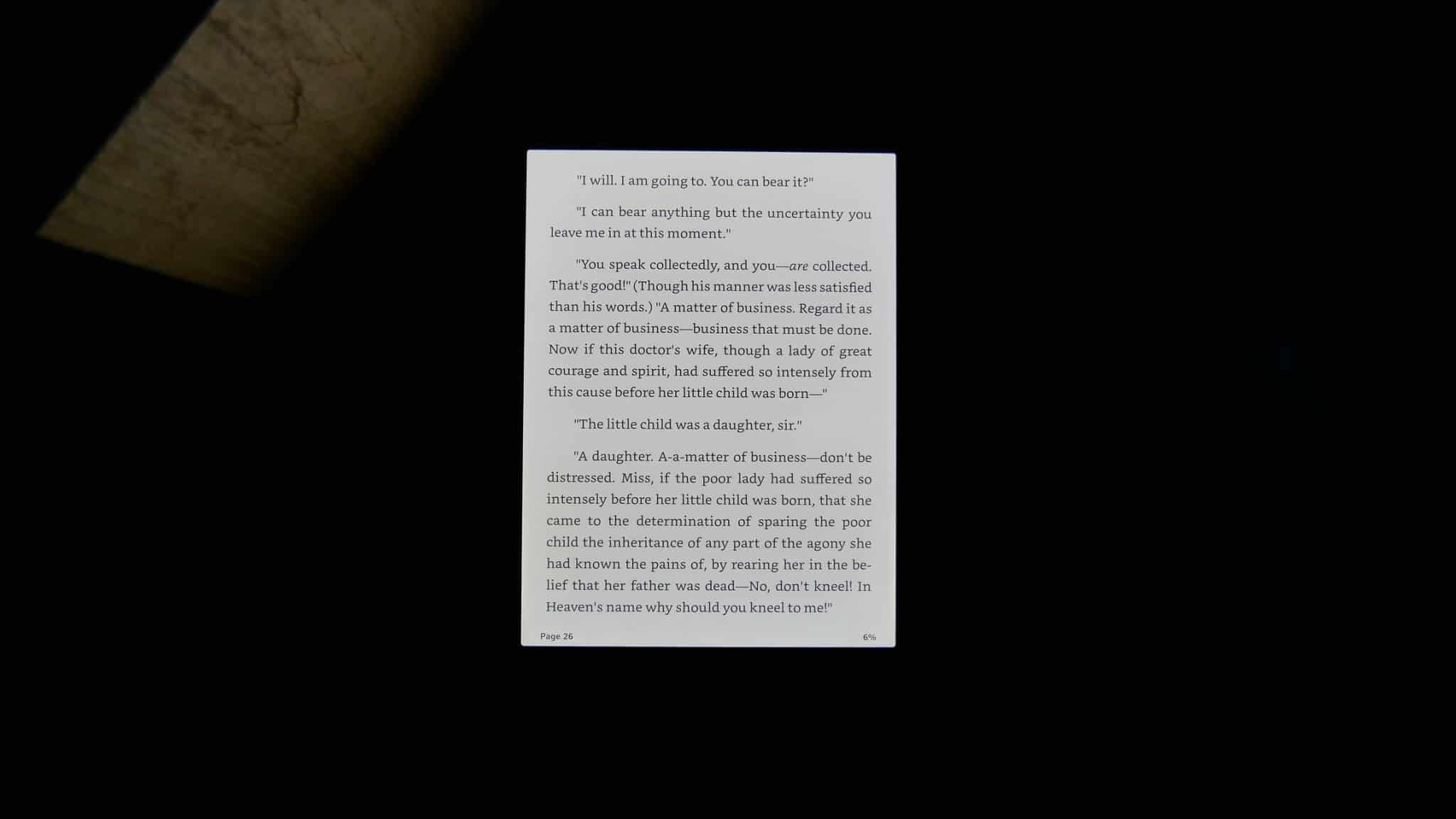Penguin Random house accounts for 1/4 of all books published in the world, which includes audiobooks and ebooks. Last November, the publisher announced they were going to acquire Simon and Shuster for $2.175 billion in cash. This give PRH access to authors such as Stephen King, Hillary Clinton and John Irving. Things have been fairy quiet since the announcement, as various regulatory bodies conducted investigations and give their seal of approval. In June, the UK government gave their permission for the merger to continue, which was a major hurdle. Things are not so rosy in the United States, the US Justice Department has just filed a lawsuit to block it.
The Department of Justice filed an antitrust suit in the US district court for the District of Columbia on Tuesday in the first major antitrust action by the Biden administration, saying the deal would let Penguin Random House “exert outsized influence over which books are published in the United States and how much authors are paid for their work”. “If the world’s largest book publisher is permitted to acquire one of its biggest rivals, it will have unprecedented control over this important industry. American authors and consumers will pay the price of this anticompetitive merger – lower advances for authors and ultimately fewer books and less variety for consumers,” said the attorney general, Merrick Garland, in a statement.
In a statement, the publishers said they would fight the lawsuit and that blocking the deal would harm authors. “DoJ’s lawsuit is wrong on the facts, the law, and public policy,” said Daniel Petrocelli, a lawyer for Penguin Random House. “Importantly, DoJ has not found, nor does it allege, that the combination will reduce competition in the sale of books.” The companies say that their publishing imprints will continue to compete against one another for books after the deal closes, and that Penguin Random House is not planning to reduce the number of books acquired or the amounts paid for the book deals.
Penguin Random House CEO Markus Dohle wrote a memo to employees about the investigations. “The DoJ is mistaken” in its assessment, adding that the publisher is “committed to vigorously defending this acquisition.” The memo argued that the proposed deal would “benefit all constituents, including authors, agents, retailers, and, ultimately, readers, and will do nothing to undermine the robust, competitive publishing landscape that currently exists.” In a memo of his own, S&S president and CEO Jonathan Karp echoed Dohle’s sentiments, noting that the DoJ “has not alleged that the acquisition would harm competition in the sale of books.”
I believe this deal will end up going through, it will be very hard for the Justice Department to prove that this merger will hurt authors, giving them less viable options to be published. If anything, they will be able to get better terms. Right now, the bulk of books sold online and in digital form are from Amazon, Penguin Random House & S&S would have tremendous negotiating power, the same goes with wholesale rates to Walmart, Barnes and Noble, pharmacies and other international chains such as Chapters Indigo.
Michael Kozlowski is the editor-in-chief at Good e-Reader and has written about audiobooks and e-readers for the past fifteen years. Newspapers and websites such as the CBC, CNET, Engadget, Huffington Post and the New York Times have picked up his articles. He Lives in Vancouver, British Columbia, Canada.





